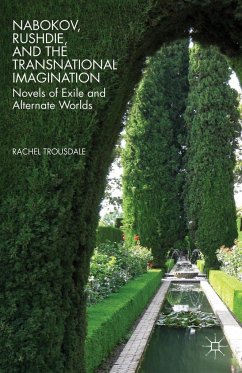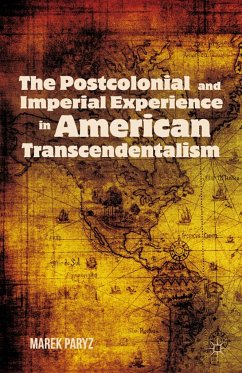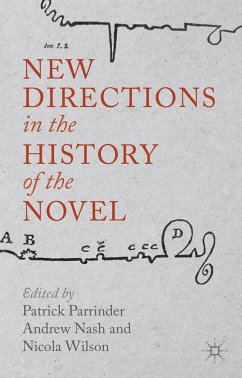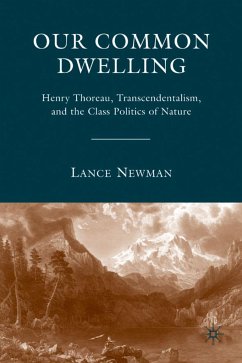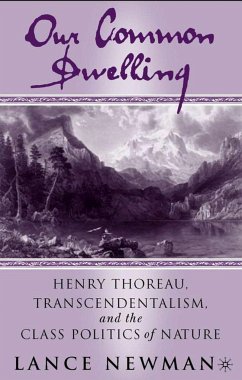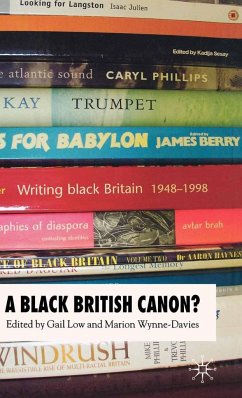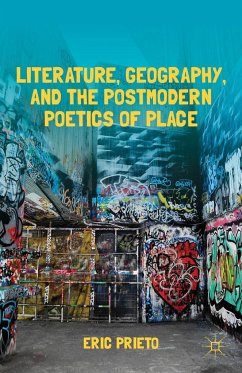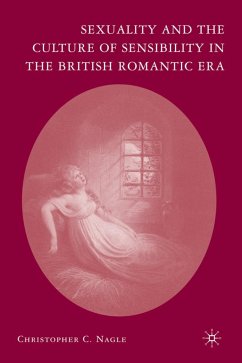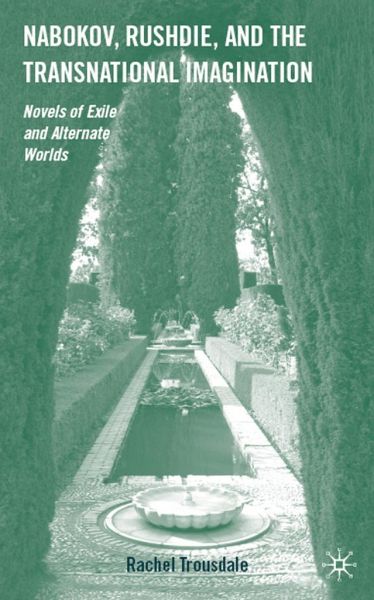
Nabokov, Rushdie, and the Transnational Imagination
Novels of Exile and Alternate Worlds

PAYBACK Punkte
19 °P sammeln!
Nabokov, Rushdie, and the Transnational Imagination argues that exiled and migrant novelists create alternate worlds which teach their readers to construct new, nation-like communities. Taking Vladimir Nabokov and Salman Rushdie as model practitioners, this book shows how such writers are remaking national literary traditions. These playful, puzzle-filled texts transcend classification as postcolonial or postmodern; instead, they help identify and create a lineage of boundary-crossing, and test how far the real world can be changed by fiction.
Using Vladimir Nabokov and Salman Rushdie's work, this study argues that transnational fiction refuses the simple oppositions of postcolonial theory and suggests the possibility of an inclusive global literature.





